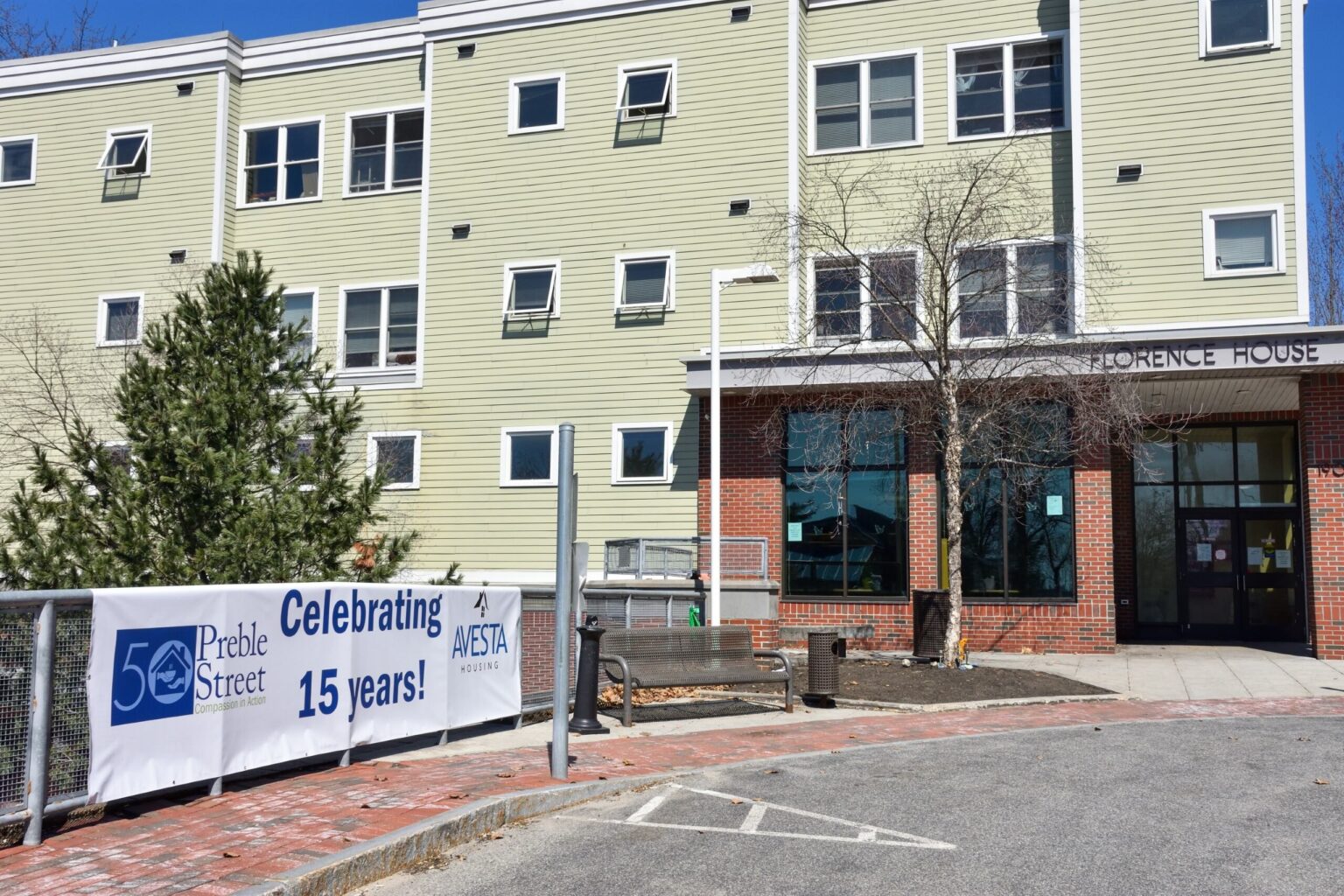By Jennifer Hawkins & Dean Klein
Everyone understands Maine has a housing shortage. The data proves it, but we also feel it.
When our adult children can’t afford to rent with friends, when young families can’t buy a modest home, and when workers commute long distances because there’s no nearby housing, we all see and feel the crunch. This instability hits hardest for people with the lowest incomes, disabilities, addiction struggles or trauma that leads to homelessness.
The solution is clear: affordable housing. For some, it must include wrap-around services that meet people where they are, with compassion and support.
Maine has been a leader in investing in permanent supportive housing — affordable apartments paired with services. This evidence-based approach is helping solve homelessness in Maine. There are 1,624 such homes statewide, 85 of which are owned and managed by Avesta Housing. These homes help people from cycling back into homelessness while building stability and dignity.
Many of us are fortunate to have a home where we can heal and recover when we are ill or injured. Healing and recovery almost universally require housing as part of the equation. This approach is also less costly and more productive for society than jail, hospitalization or worse, institutionalization.
We know what works, and it’s working.
But Maine can’t do it alone. The federal Continuum of Care (CoC) Program is a lifeline, helping fund permanent supportive housing for those who would otherwise return to shelters or the streets.
A proposed gutting of the CoC threatens to eliminate 780 of these homes in Maine — wiping out years of progress and pushing hundreds of Mainers back into crisis.
As leaders in housing and homelessness, the Maine Continuum of Care and Avesta Housing share one mission: to make homelessness in Maine rare, brief and non-recurring. But this work depends on a federal partnership.
We are urging Congress to renew all eligible Maine CoC grants in fiscal year 2025, provide protection for the federal CoC program, and reject harmful federal requirements that jeopardize fair housing and local autonomy.
Together, we can protect these vital homes — and ensure that every Mainer has a safe, quality place to call home.
Jennifer Hawkins is president and CEO of Avesta Housing, which provides affordable homes to thousands of Mainers, including many who were previously homeless. Dean Klein is executive director of the Maine Continuum of Care, which secures Department of Housing and Urban Development funding for housing and essential support services.

